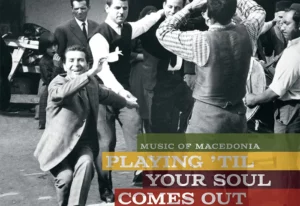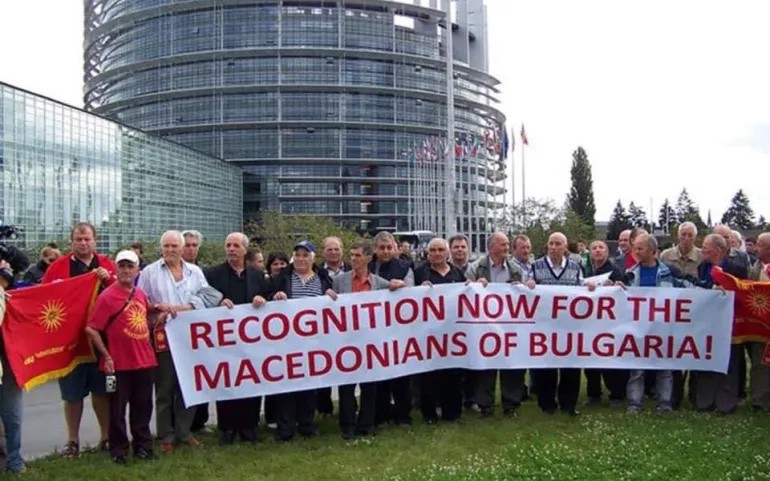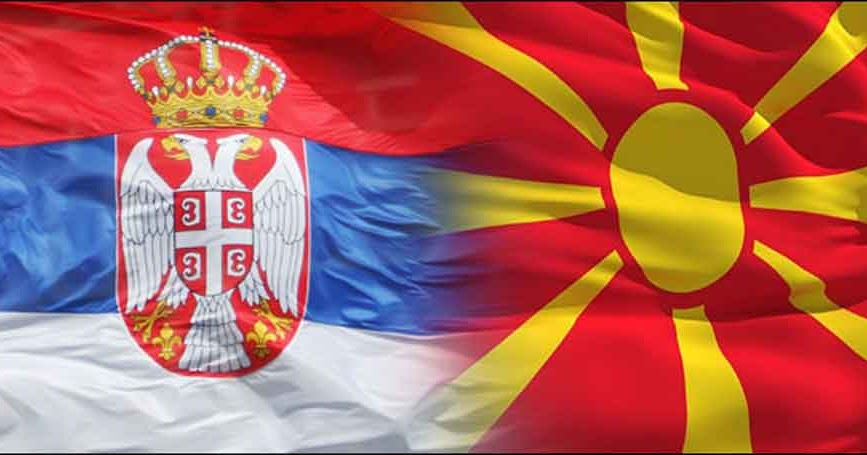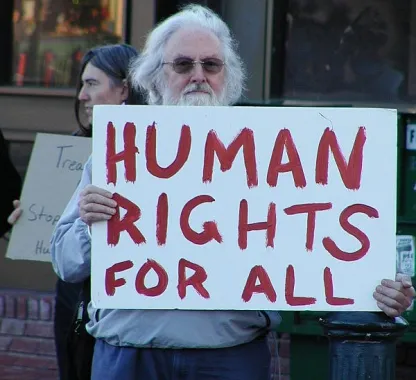
The right to self-determination was granted to every individual in the world through the United Nations’ Universal Declaration of Human Rights.
Under the Framework Convention on National Minorities, each person has the right to identify themselves with a minority group (or not), and each group has the right to decide whether it would like to preserve its own group identity, including customs, traditions, language and religion.
Although Macedonians have an independent nation-state, the Republic of Macedonia, hundreds of thousands still reside in neighbouring countries – territories that were once part of geographical Macedonia. Albania, Bulgaria, Greece, Kosovo, and Serbia are home to sizable Macedonian national minorities of diverse religious backgrounds, including Macedonian Orthodox, Catholic, Jewish, and Muslim, however ethnically they self-identify as Macedonian. These populations never migrated to the neighbouring countries, but have always been there for centuries and as a result of different Treaties and creation of borders, they now reside outside of the territory of the Republic of Macedonia.
In order for the governments of Bulgaria, Greece, and Serbia to solidify their claim on parts of geographical Macedonia, during and following the Balkan Wars, massive ethnic cleansing, assimilation and discrimination policies were implemented on the local Macedonian ethnic population. As a result, thousands fled their homes for refuge in other countries, many far away, never being able to return. During the Greek Civil War (1944-48), 44,000 children between the ages of 2 and 14 were put on trains, separated from their parents, and sent to destinations such as Czechoslovakia, Hungary, Poland, Romania, Russia, and Yugoslavia. Laws were passed in Greece in the early 1980s prohibiting the right of return to these Macedonians, the right to Greek citizenship, and the right to reclaim their private properties; these laws still remain in effect till today.
MACEDONIAN MINORITY IN GREECE
In Greece, it is a taboo topic to even mention that you are Macedonian or that you come from Macedonia. The Greek government and the Greek Orthodox Church have ensured that Macedonian national identity cannot flourish in Greece, that the Macedonian language (which to them does not exist and only exists as a pseudo-Greek dialect) cannot be spoken publicly, that no Macedonian cultural centers can be formed, and no Macedonian Orthodox Church can be established. The European Court of Human Rights have found Greece in violation of numerous minority rights treaties for their policies on the Macedonian minority, but however, Greece continues to discriminate against Macedonians in Greece, which are estimated to be more than 600,000.


MACEDONIAN MINORITY IN ALBANIA
In Albania, the Macedonian minority is recognized only in the Prespa region (according to the Census as only 5,000 individuals) and they reside in “reservation-style” villages, with little access to proper roads and basic necessities, thus forcing many to migrant to larger cities in Albania. However, it is estimated that over 200,000 Macedonians reside throughout Albania, alongside the border with the Republic of Macedonia and in the capital city of Tirana. Macedonians outside of the Prespa region are not recognized as part of the Macedonian minority.
MACEDONIAN MINORITY IN BULGARIA
In Bulgaria, there is no such thing as a Macedonian, let alone a national Macedonian minority group according to the Bulgarian government and civil society. Bulgarians consider Macedonians as Western Bulgarians, and thus do not recognize a separate Macedonian identity or language. “One nation in two states,” is the Bulgarian unofficial, or one can argue even official, policy on Macedonia and Macedonians. It is estimated that over a million Macedonians reside in Bulgaria, mostly in the Pirin region in Southwestern Bulgaria. Macedonians in Bulgaria do not enjoy basic freedoms such as the freedom of assembly, freedom of speech, and freedom of religion.


MACEDONIAN MINORITY IN SERBIA
Serbia has a more liberalized viewpoint on the Macedonian minority in the country, however much work remains to be done to provide equal access to language instruction in the school system and the right to practice Macedonian Orthodoxy, which is not recognized by the Serbian Orthodox Church. The Serbian state, which should be separate of the views of the Serbian Orthodox Church, must allow the existence of Macedonian Orthodox faith-practice in Serbia.
UMD maintains a very active civil rights program, including educating the public on the challenges that Macedonians face in these countries, particularly in EU and NATO member-states.
MACEDONIAN MINORITY IN KOSOVO
Kosovo, as a new country, has problems establishing their own nation-state and mostly cater to the interests of the majority Albanian population. Approximately 45,000 Macedonians of Muslim faith reside in the Gora region of Kosovo.

Latest news



Indiana Congressman Frank J. Mrvan Joins Macedonian Caucus
UNITED, WE CAN!
United Macedonian Diaspora
800 Maine Avenue SW Suite 200 Washington, D.C. 20024
